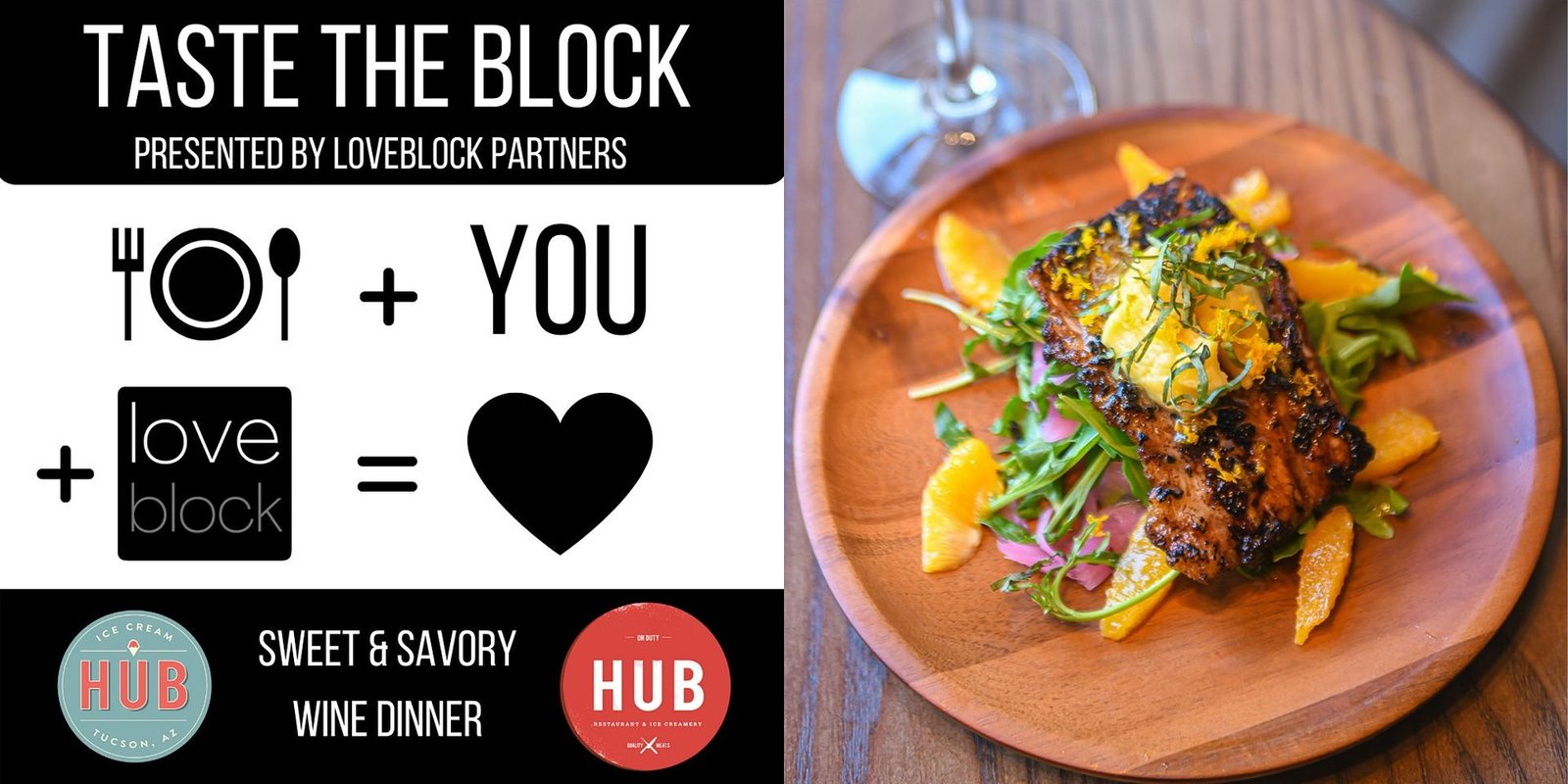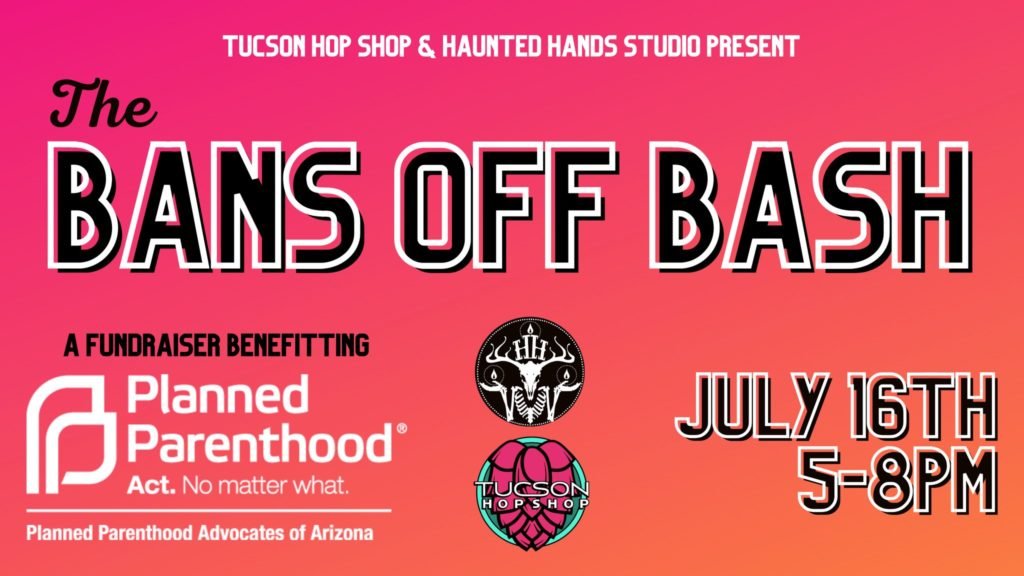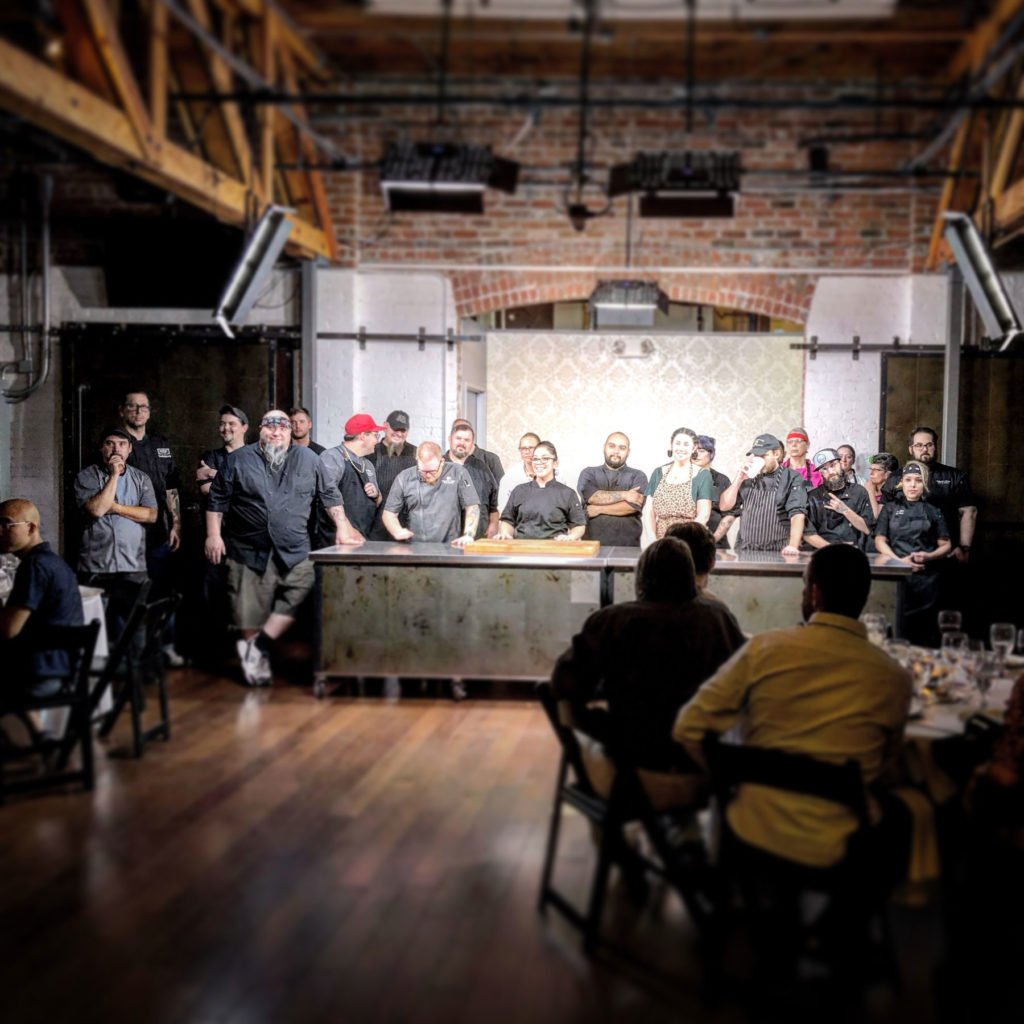
For many in our industry, summer brings warm days full of sunshine, and also the busiest time of year. It’s easy to get wrapped up in taking care of clients, managing staff, running a business—and completely leaving out personal needs. Self-care often takes a hit during busy season. I’ve outlined three ways to get ahead of this challenge. Plan now and proactively prevent burnout.
Pleasing clients comes with the territory in the hospitality and events industries. However, giving clients parameters regarding how to work best with you and your team not only preserves your sanity, but also gives them assurance that you work systematically, organized, and professionally. This includes:
- Defining your times available (aka: office hours)
- Communicating when you’re unavailable because you’re at an event site
- Setting expectations for your time off on weekends, vacation days, and family time
We often hold back on giving boundaries and defining expectations to our clients because we can be eager to win their business and we want to be approved at all stages of working together. This can end up canceling out any semblance of free time we might have in busy months. It also creates rudderless clients who lack guidance and feel lost.
Everyone needs structure. If you define this structure for your clients and their events, this will allow you to accommodate your personal needs, while giving your client a safe space to operate. They’ll be happier for it.
I see far too many people trying to plan a weekend or a vacation when they’re already at the breaking point and totally burned out. At this point, it’s too late. A few days off may help a bit, but won’t recuperate the months of overload and overwhelm (I think we can all relate to this from 2021).
Recent research on rest shows that more frequent breaks and pauses from daily work can result in better returns when compared to a binge time-off of a week or more. It’s the daily recharging that keeps us fueled.
Decide what this looks like for you. Is it a commitment to daily exercise? Is it a strong morning routine of reading and meditation? Is it pausing for lunch every day? Commit to stopping work briefly throughout the day and refreshing yourself frequently. Decide on that path now before things get too crazy and you can’t incorporate a new routine.
If you’re looking at your calendar and see that you only have two weekends off for the next three months, it’s time to grab those weekends for yourself and start creating plans to fill the weekend. Whether you plan to use it for travel, or staying at home and chillaxing, decide on what actions you’ll take to replenish your spirit in this time.
If you don’t proactively plan for how you want to use that time, the default tendency will be to catch up on housework or office work. This is not resting. Planning ahead gives you a roadmap to follow during those weekends that you may be too tired to think or plan anything.
In addition to the 10-hour nap you plan on taking, include some outdoor time, time with friends, and quality time with family. Plan ahead for the fun stuff you don’t normally have time to do. Happiness research shows that we feel satisfaction when we feel accomplishment—and this goes for free time too. While I don’t want you to be a treadmill of ‘should haves’ and ‘must dos’, think of this as the time to accomplish the things that bring you joy outside your work. I promise you’ll feel more energized if you proactively plan for this in advance, so that you don’t have to even think about it when those weekends arrive.
Lastly, find a friend or colleague who can keep you accountable. This may be a check-in with each other monthly to gauge if you’re both keeping true to these busy season strategies. Or it may be a buddy pact to ask one another how you are each feeling about stress. When we’re in the thick of it, having someone from the outside check on you can be a great reset to stay committed to our burnout prevention plan.


















